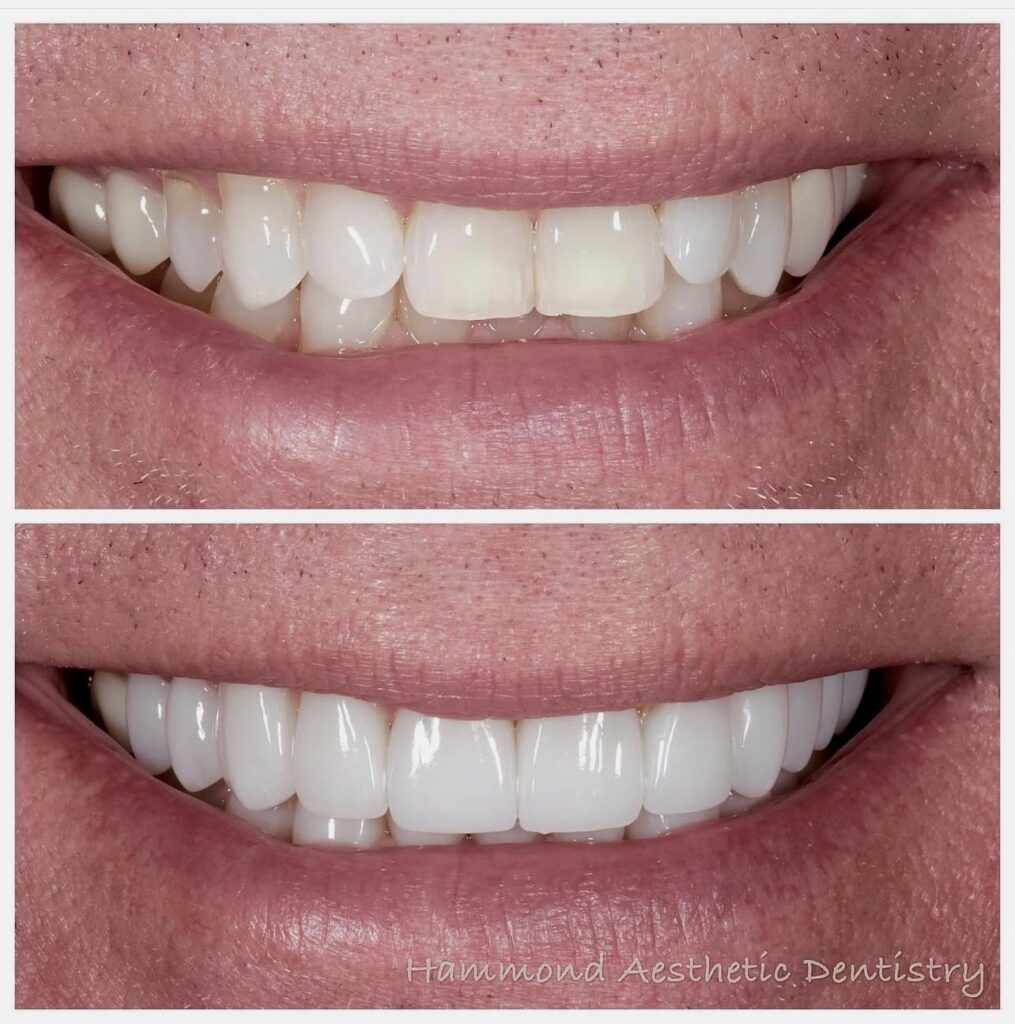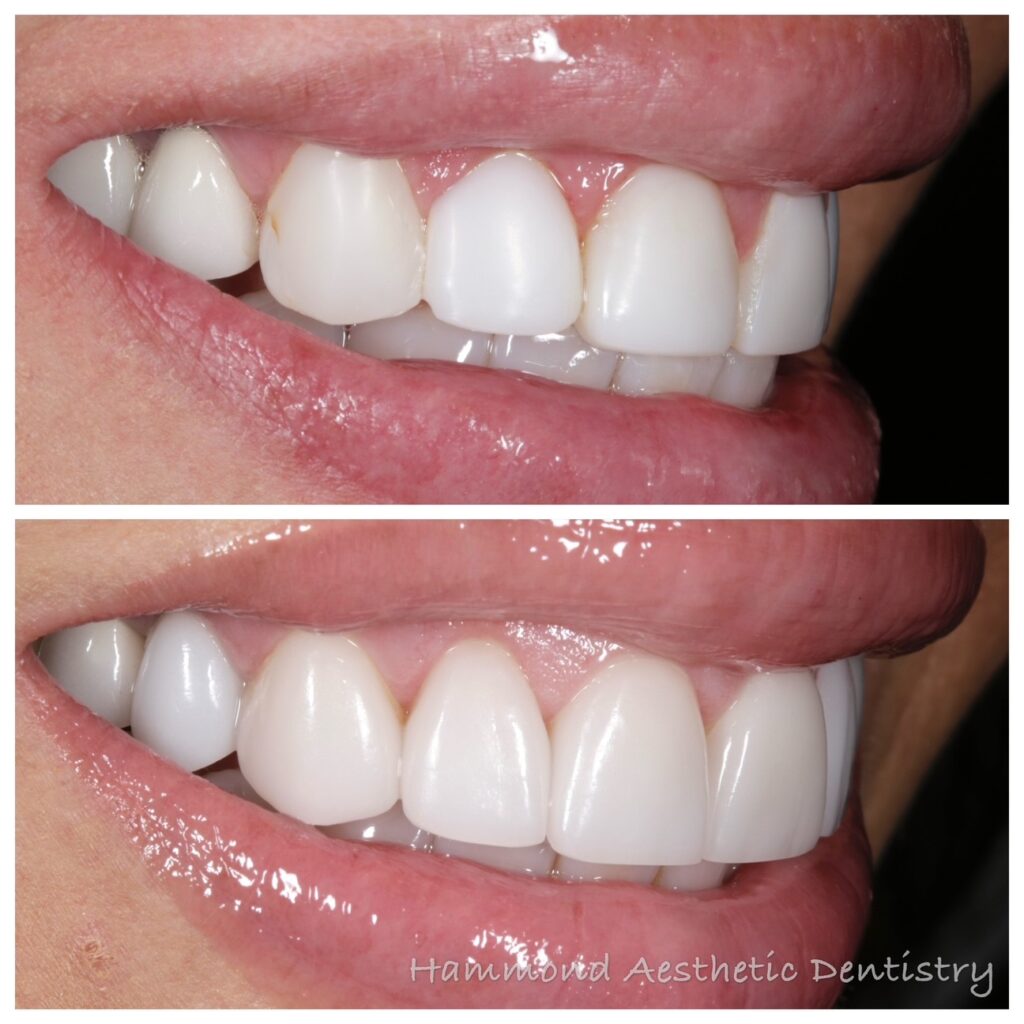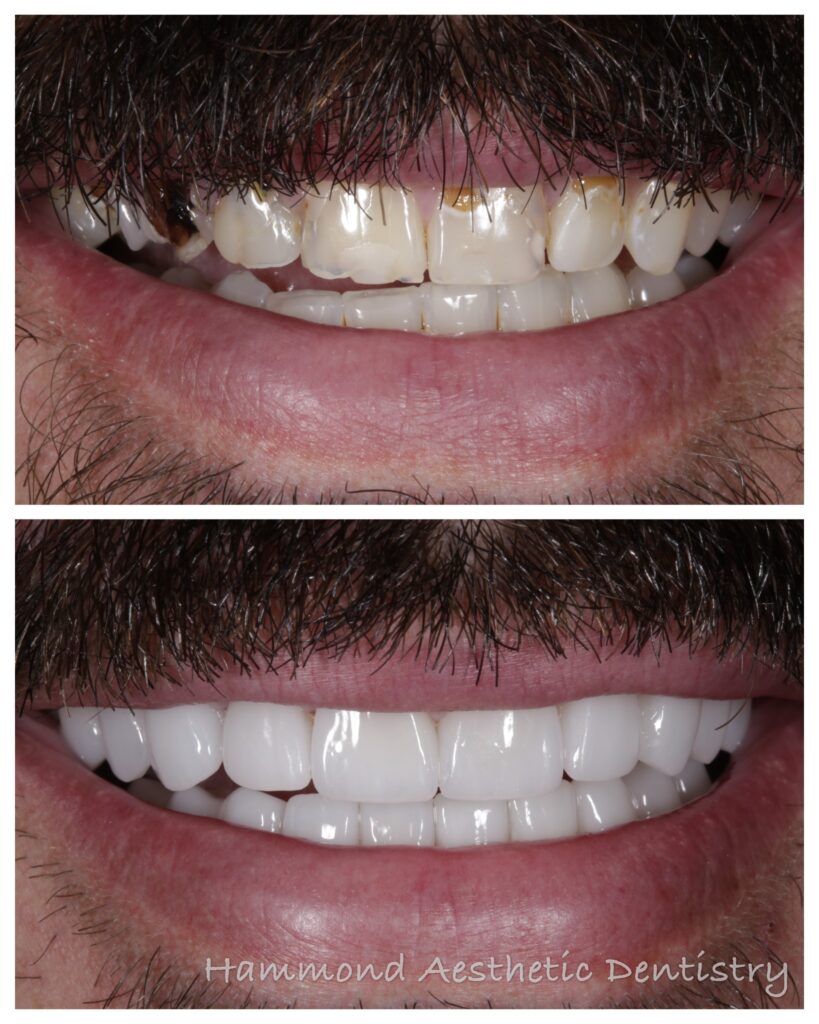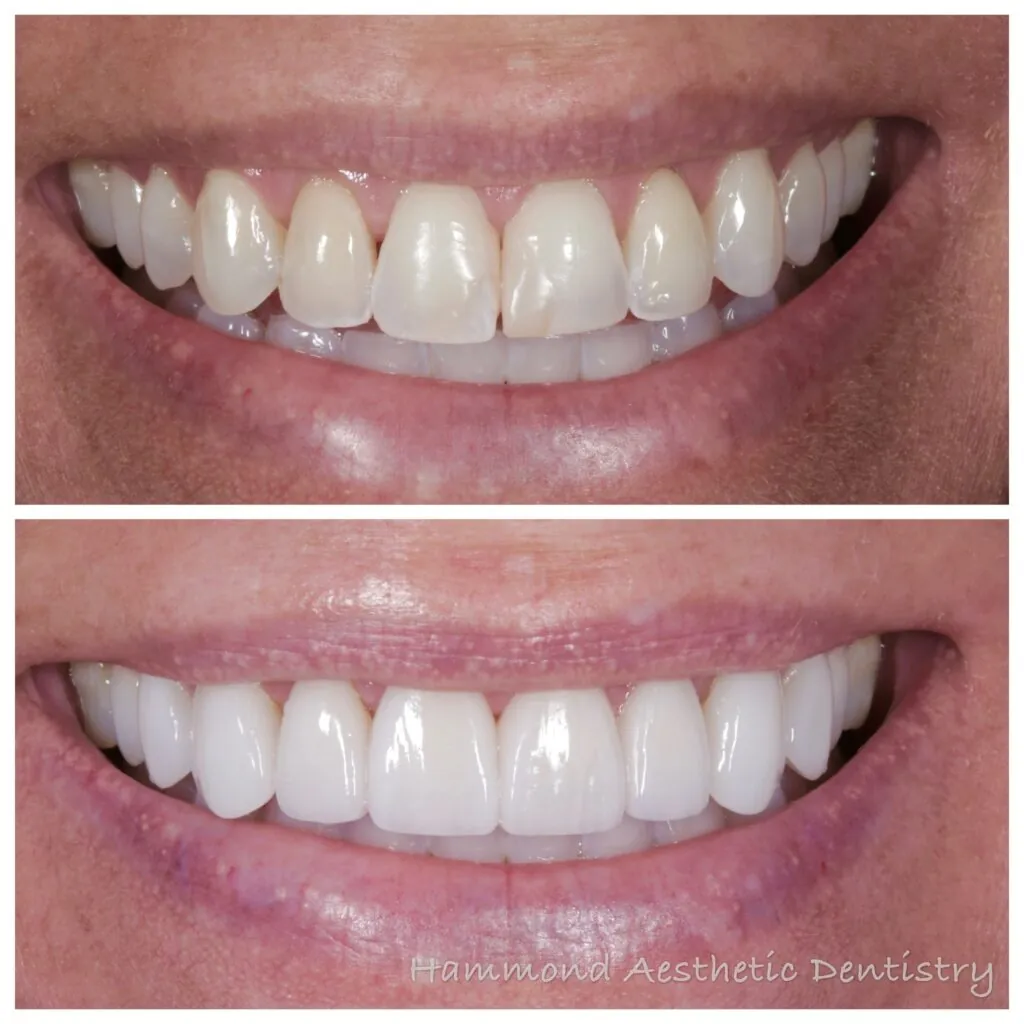Over 5 million teeth will be lost this year. It is estimated that if properly cared for and restored, it will cost $2,000 and more for each incident. Many more teeth will be fractured requiring treatment costing from one hundred to one thousand dollars. The best care never replaces the original tooth or teeth, resulting in a functional or esthetic handicap for life.
Mouthguards, if worn, will provide various degrees of protection depending upon the type of guard and the activity-ca using accident. The various types include:
Stock: this is a horseshoe-shaped device which has no retention or ability to stay in place without effort on behalf of the wearer. This device is inconvenient at best and often is not worn because of difficulty of use. The protection provided is better than not wearing a mouth guard but provides the least amount of protection. Breathing through the mouth is difficult, as the teeth must be held together in order to keep it in place.
Mouth-formed: commonly called “boil and bite.” This is purchased at drug stores. The form is boiled in water and the user is instructed to form the guard by biting into the softened material. This is inherently poor fitting, thin and easily distorts with use. It is better than stock and it fits better but does not stay in place without some conscious effort.
Custom-made: these are made from models of impressions of the teeth. The mouthguard material is vacuum-fitted to the model, trimmed and polished. Custom-made mouthguards provide excellent fit and stay in place without effort resulting in greater use. These allow free breathing as retention is not dependent upon a closed mouth to hold the guard in place and therefore improves performance. Custom-made mouthguards are designed for three levels of protection. Thickness and laminations provide for the differences. Single lamination of 3mm to 5mm thickness, double lamination of 5mm thickness and triple lamination with one lamination of thin, hard polycarbonate sandwiched between two soft laminations. The later is used for severe contact sports such as professional football. A custom-made mouthguard is strongly recommended, and costs less than one-fourth the cost of a crown.
Mouthguards protect teeth from being broken or knocked out, broken upper and/or lower jaws, dislocated jaws and concussions. Mouthguards are protective devices in the same arena as seatbelts, airbags, helmets, pads, shin guards, gloves and many other devices designed to protect heads, limbs, body and life. Since it is projected that 5 million teeth will be knocked out this year and countless other injuries will occur, it is strongly advised to make mouthguards a necessary part of the equipment used to protect sports participants from harm.





